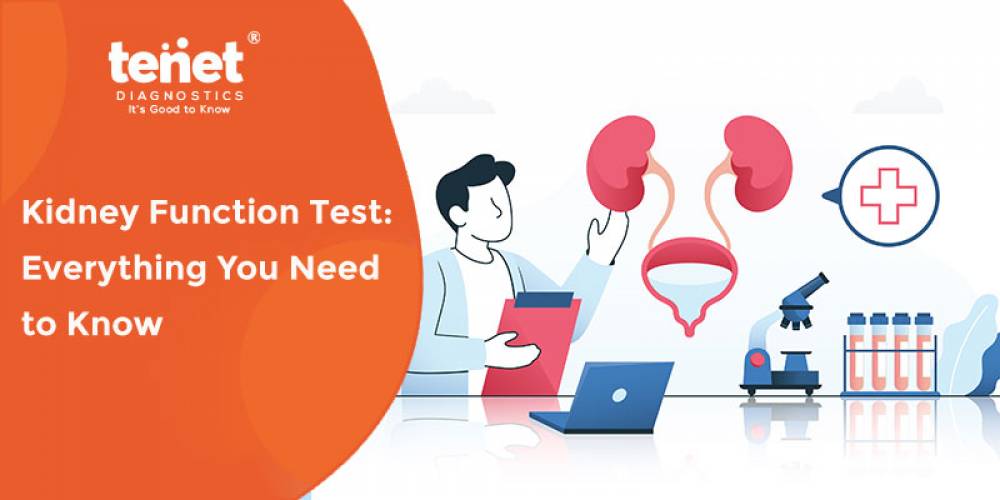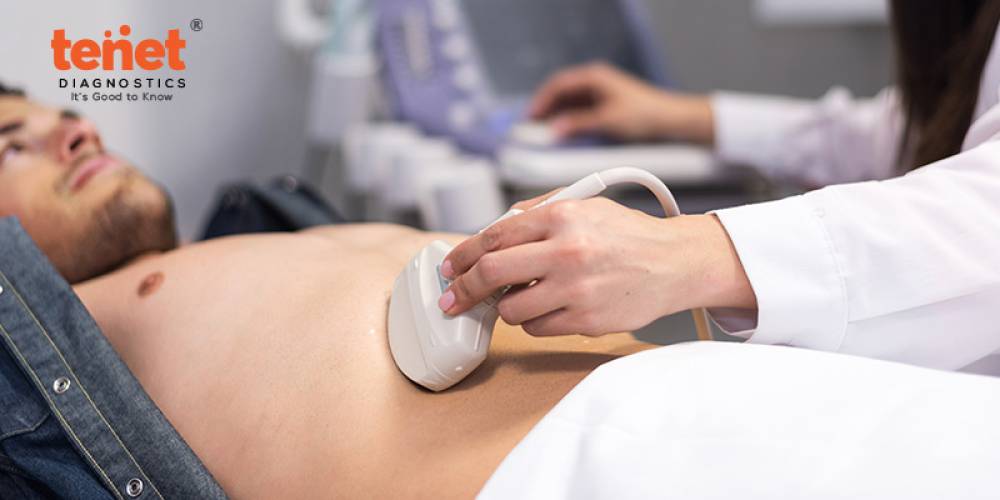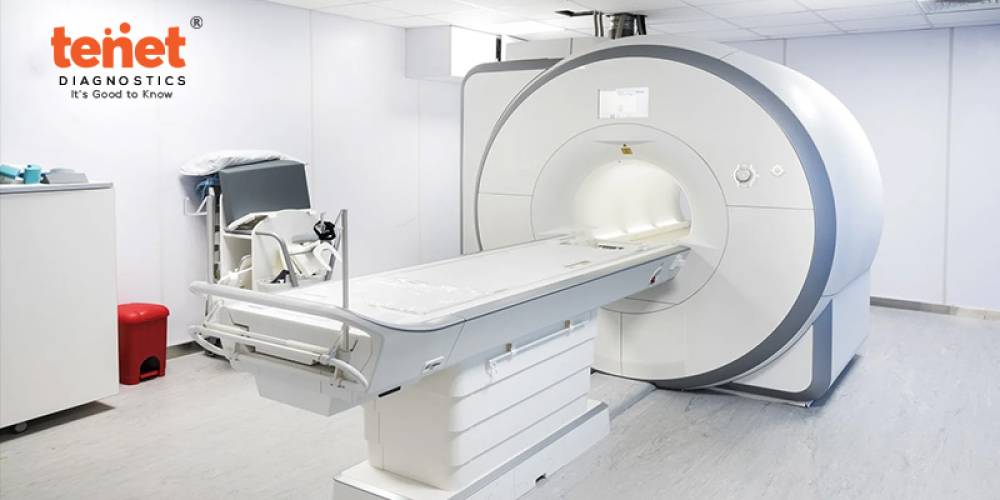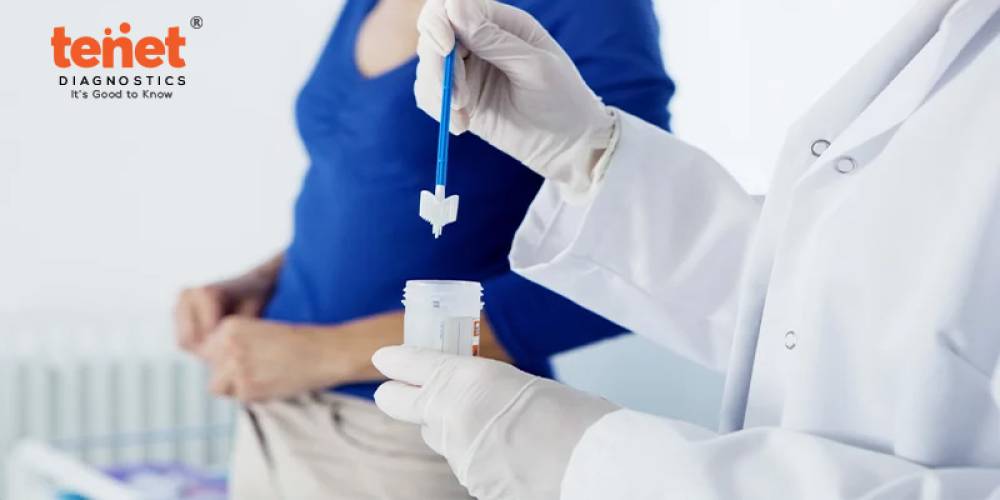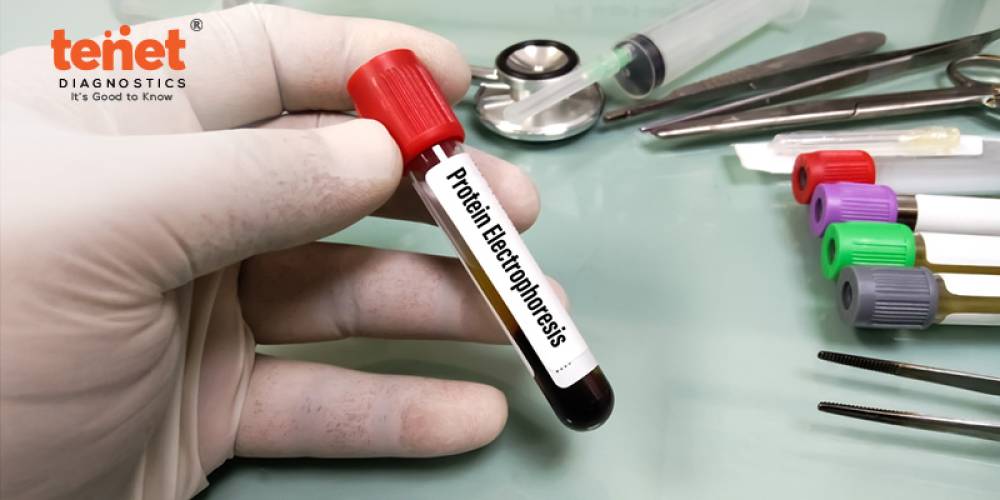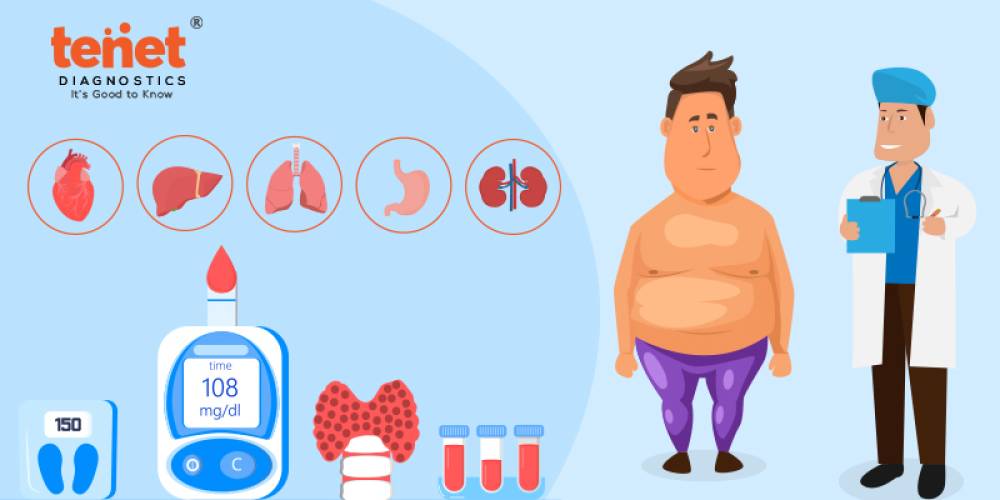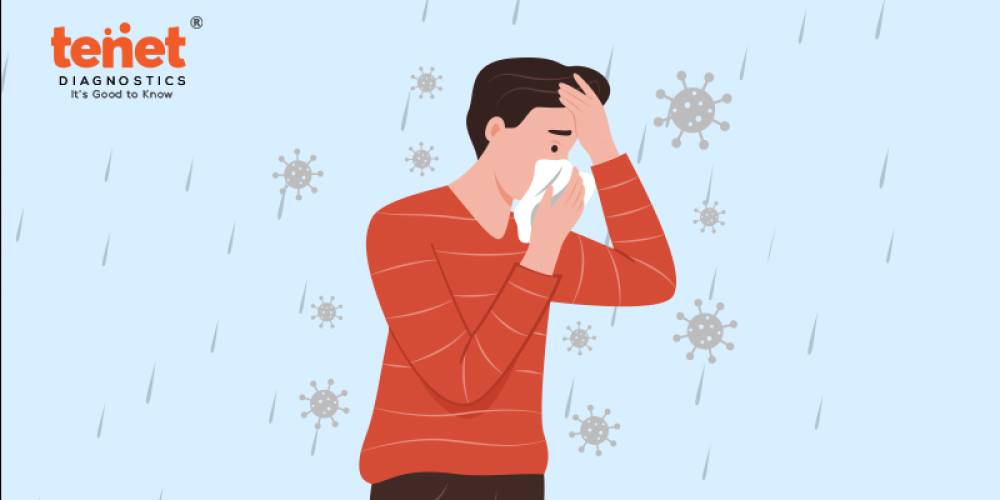Chronic kidney disease (CKD) is a disorder where the kidneys gradually deteriorate and lose their ability to filter blood properly. Diabetes is a significant contributor to CKD, which frequently goes undiagnosed until renal severe damage has been done. If kidney illness is detected and treated early, we might be able to stop it from worsening and avert other health issues including heart disease. However, getting tested is the only way to determine how well the kidneys’ function. In this blog, you shall learn the types of tests carried out to diagnose kidney failure which includes blood test, urine test etc.,
What Is Kidney Failure?
Kidney failure is present if the function of the kidneys falls below 15% of normal. The accumulation of waste materials and additional water in the body could cause symptoms. You may choose one of three treatments to restore your kidney function:
- Hemodialysis
- Peritoneal dialysis
- Kidney transplant
Dialysis or kidney transplantation are used to treat end-stage renal disease (ESRD), kidney failure. However, some kidney failure patients opt not to undergo dialysis or a transplant but to keep taking their medications, getting care from their medical team, and paying attention to their diet and lifestyle choices.
Symptoms Of Kidney Failure:
Kidney failure symptoms could start so gradually that don't get notice immediately. The balance of salts and minerals in your blood, including calcium, phosphorus, sodium, and potassium, is maintained by healthy kidneys, preventing the accumulation of wastes and excess fluid. Additionally, your kidneys produce hormones that keep your bones healthy, regulate blood pressure, and produce red blood cells. Your kidneys lose their ability to do these tasks due to renal failure, which causes various health issues to manifest. When this happens, you may see symptoms like:
- You frequently have oedema in your legs, foot, or ankles.
- Experience migraines, itchiness, fatigue throughout the day and trouble sleeping at night; feel queasy; lose a sense of taste; not feel hungry; or lose weight.
- Suffer cramps, weakness, or numbness in the muscles, creating little to no urine.
- Have achy, stiff, or fluid-filled joints.
- Feel disoriented, have trouble concentrating, or experience memory issues.
- You can avoid or treat most of these symptoms by adhering to your treatment plan. Regular dialysis sessions or a kidney transplant may be part of your treatment plan, along with prescribed medications, a particular diet, and physical activity.
Kidney Function Test:
Your doctor will prescribe a series of tests to determine the glomerular filtration rate (GFR) to assess the health of your kidneys. How rapidly your kidneys are eliminating waste from your system is indicated by your GFR to your doctor. Before getting tested look for a reputed diagnostic centre. To attain the services of the best diagnostic centre in Hyderabad, contact us.
The various types of kidney function tests are:
1. Urine tests:
When protein escapes into your urine, this is referred to as proteinuria and is one of the initial signs of kidney disease. Therefore, a medical professional will request a urine test to look for protein in the urine you produce. Urine tests which can measure your protein levels fall into two categories.
- Dipstick urine test: This test can be performed as a rapid check to see if albumin, a protein generated by your liver is present in your urine. It is frequently conducted as part of a comprehensive urinalysis. It does not give a precise albumin reading, but it informs your doctor if the levels are normal. If the levels are higher than usual, a dipstick is inserted in the urine sample you supply and changes colour. Your doctor might order additional testing if your albumin levels are abnormal.
- Urine albumin-to-creatinine ratio: This test counts the amount of albumin in your urine and contrasts it to the amount of creatinine, a waste product produced by the regular deterioration of skeletal muscles. The results of a UACR test tell the doctor how much albumin has entered your urine over the last 24 hours. Kidney disease may occur if the urine albumin test value is 30 or above.
2. Serum creatinine test:
This blood test checks to see if your blood's creatinine level is rising. Typically, the kidneys thoroughly remove creatinine from the blood. A high creatinine level suggests a renal related issue.
3. Blood urea nitrogen:
Your blood's waste levels are also examined by the blood urea nitrogen (BUN) test. BUN tests evaluate the blood's nitrogen content. A by-product of protein breakdown is urea nitrogen. But not all increased BUN levels indicate damaged kidneys. Your BUN can also increase if you use many prescription drugs, such as certain antibiotics and high doses of aspirin. It's crucial to let your doctor know about any vitamins or medications you routinely take. You might need to cease using some medicines a few days before the test. Between 7 to 20 mg/dL is considered an average BUN level. A higher figure might indicate several various health issues.
How Exactly Are These Tests Performed:
1. Daily urine sample:
A creatinine clearance test uses a 24-hour urine sample. It gives your healthcare provider an indication of the daily creatinine output from your body. First, use the loo as you would typically when you get up on the day you begin the test. Next, use the container your doctor provided to urinate into for the rest of the day and night. During the collection process, make sure the container is sealed and chilled. Tell your family members why the item is in the refrigerator and label the container clearly. When you wake up on the second day, urinate inside the container. The 24-hour gathering procedure is finished at this point.
2. Blood samples:
Blood samples must be drawn from patients in a lab or doctor's office for BUN and serum creatinine tests. Before removing any blood, the technician secures an elastic band around your upper arm. This highlights the veins. After that, the technician cleans the region around the vein. They penetrate your skin with a hollow needle and insert it into a vein. The blood will enter a test tube for analysis. When the hand enters the flesh of your arm, you can experience a painful pinch or prick. After the test, the professional will cover the puncture site with gauze and a bandage.
Final Words:
If the tests reveal early kidney damage, your doctor will concentrate on addressing the underlying illness. If the tests show hypertension, your physician will prescribe drugs to lower blood pressure. They'll also recommend dietary and lifestyle changes. Your doctor could suggest that you consult an endocrinologist if you have diabetes. This kind of doctor can ensure you have the best blood glucose control possible because they specialize in metabolic illnesses. Your doctor will take the necessary steps to treat any diseases that may be the cause of your unusual kidney function tests, like kidney stones and excess painkiller use. You will likely require ongoing kidney function testing in the months to come if the test results are abnormal.
Frequently Asked Questions:
1. How many tests are there in kidney function tests?
For checking the kidney function, there quite a few tests available. However, there are two main tests under kidney function tests. They are urine test called albumin to creatinine ratio test and glomerular filtration rate test.
2. What does kidney function test show?
The effectiveness of your kidneys' function is evaluated through renal function tests. Most of these tests examine how effectively your kidneys remove waste from your body. A 24-hour urine sample, a blood test, or both may be required for a kidney evaluation. Typically, you receive the results of your tests the same day or within a few days.
3. Does kidney function test require fasting?
You must fast for 8 to 12 hours prior to to your blood draw for many renal panel tests. You are limited to drinking water throughout this time. You are unable to consume any food or drinks. However, because a kidney panel test’s precise component can differ, you should ask the doctor if you need to fast before the test.
4. What is a normal kidney function percentage?
Completely healthy kidney function is measured at a glomerular filtration rate (GFR) of around 100, which means that the kidneys are working at 100 percent. Your kidney function is still considered normal if the GFR number is 90 or greater.A GFR of less than 90 can indicate renal disease or impairment. Kidney failure could result from a GFR of 15 or below.

